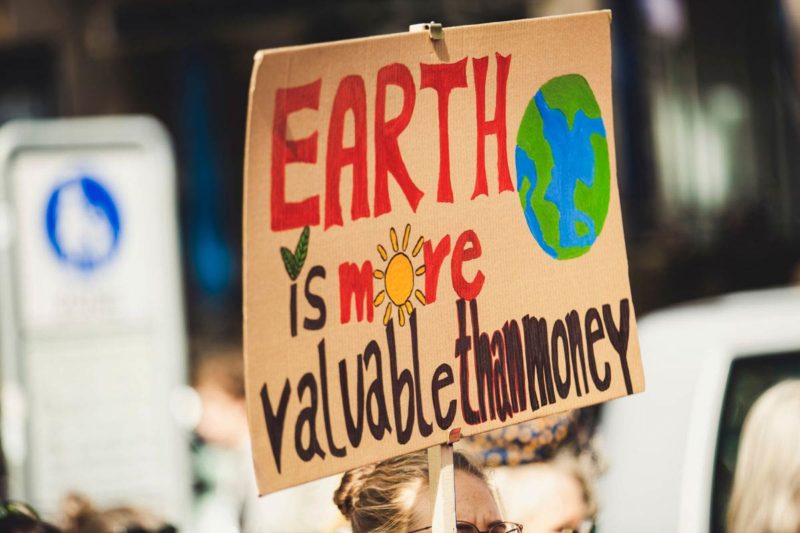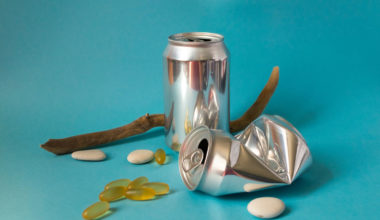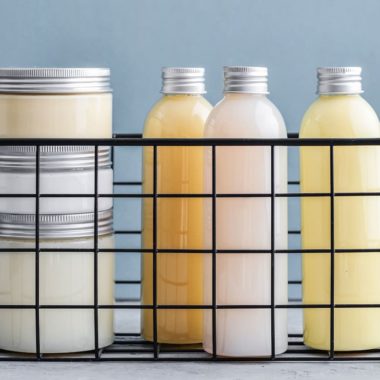We’re more than happy to buy a T-shirt at a low price in a major chain store. This purchase can mask the significant contribution made by the fashion and textile industry towards human exploitation. It features the world’s lowest average salaries (source: ADEME), and unsanitary factories. That’s if the workers are not work camp inmates in countries under totalitarian regimes. Since 1989, ONGs and associations have joined forces to get information out there and get things moving in the direction of change. That’s the Clean Clothes Campaign.
The Clean Clothes Campaign’s crusade is about instilling a sense of responsibility in textile industry multinationals. It is also about securing decent working conditions for their employees – who do outsourced jobs in countries where labour is cheap and workers’ rights barely exist – and having their rights upheld.
Its ambition: working conditions that reflect respect for workers
Set up in the Netherlands in 1989, the Clean Clothes Campaign aims to raise awareness of the working conditions experienced by the employees of textile subcontracting firms. This international Clean Clothes campaign gained momentum after the various disasters that occurred, not least in Bangladesh in the 2000s: the collapse of the Spectrum factory in 2005 (64 fatalities and more than 80 people injured), the Tazreen factory fire in 2012 (112 fatalities) and the Smart Export fire in January 2013 (8 fatalities), and of course the collapse of the Rana Plaza building in Daca in 2013 (1,127 fatalities). This year, this subject is being brought to the forefront by the fate of the Uyghurs (a Turkish Muslim community in China). They are being placed in forced labour camps and used as a workforce by big brands.
Also in the spotlight are the subcontracting firms who went unpaid by big brands during the first wave of the COVID-19 pandemic.
Accordingly, the Clean Clothes Campaign has put together a “Labour Code” for the textile and sportswear industries that sets forth (among other principles) a minimum age threshold, fixed working hours, safety-checked equipment and the right to a decent salary. The Clean Clothes Campaign is applying pressure to distributors and producers for them to adopt this Code of Labour Practices. It also works in favour of equal pay, women’s rights and the consumer’s right to find out the social impact of the products purchased.
A global network
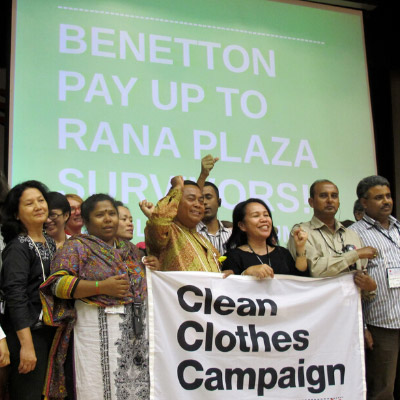
The Clean Clothes Campaign now brings together a network of 230 associations all over the world. It includes non-governmental organisations (NGOs) and workers’ unions, with regional coalitions in Europe, south Asia, south-east Asia and east Asia.
The Campaign is active in 15 European countries: Austria, Belgium, Denmark, Finland, France, Germany, Ireland, Italy, the Netherlands, Norway, Poland, Spain, Sweden, Switzerland and the UK.
The Clean Clothes Campaign’s means of action
The network of associations and ONGs working within this organisation is aimed at both private-sector and public-sector actors. Which ones, though?
- Brands and distributors, to have them monitor the production conditions of the goods that they sell, guarantee that their buying practises promote progress for the employees of their suppliers and subcontractors whilst emphasising trade union freedoms, and to have them undergo independent audits including the actors concerned (trade unions, NGOs, consumer movements, representatives of the authorities).
- Nations and international institutions, to have them guarantee the application and upholding of fundamental workers’ rights afforded under international labour organisation [Organisation Internationale du Travail – OIT] agreements.
- Local and regional authorities, to have them undertake to make ethically-sound purchases.
- Citizens, through information campaigns on the actual cost of clothing items and all that is hidden behind products that are purportedly ethically sound. Once aware, they become consumers who are themselves able to apply pressure to the authorities, are free to buy or not buy certain products, and are themselves able to speak out against brands that are less than ethically sound.
In France, the ethically-sound label collective [Collectif Éthique sur l’étiquette]
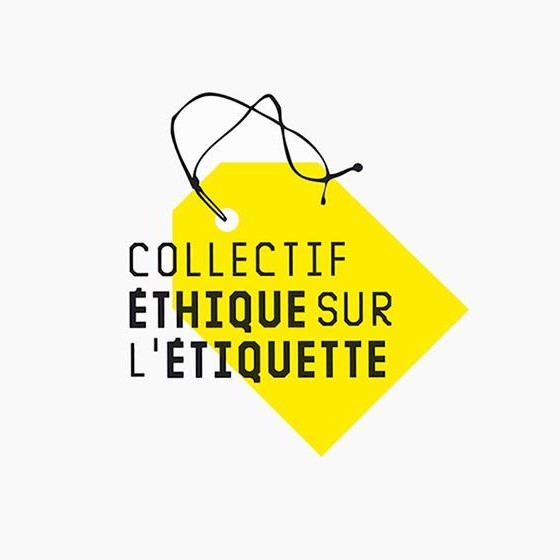
The ethically-sound label collective is the name of the French branch of the Clean Clothes Campaign. As a registered association under French law [association Loi 1901], it brings together some 20 international solidarity associations, trade unions, consumer movements and popular education associations. Its action goes beyond the clothing sector and focuses on all labour-intensive sectors, including the toy and sporting goods sectors.


